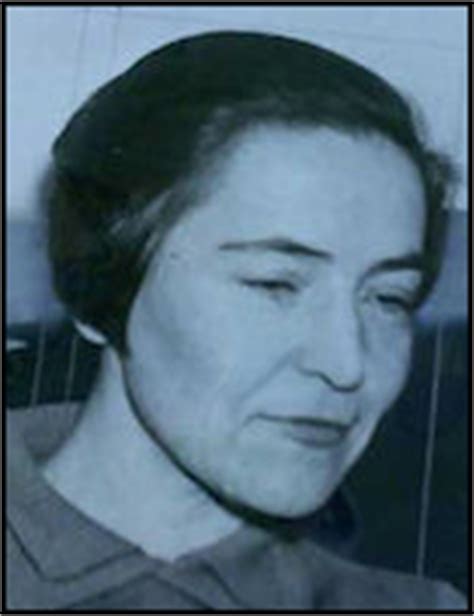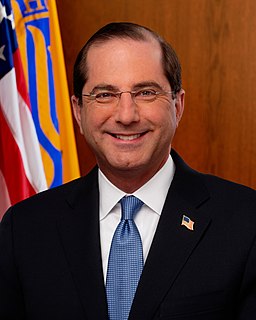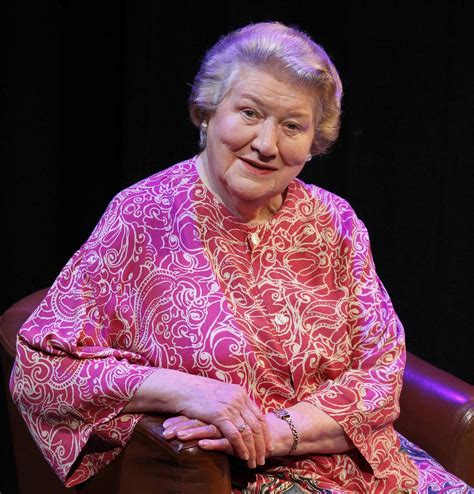A Quote by Christopher Paolini
The deeds of the children are a testament to the upbringing they received from their parents.
Related Quotes
If responsibility for the upbringing of children is to continue to be vested in the family, then the rights of children will be secured only when parents are able to make a living for their families with so little difficulty that they may give their best thought and energy to the child's development and the problem of helping it adjust itself to the complexities of the modern environment.
For, owners of their deeds (karma) are the beings, heirs of their deeds; their deeds are the womb from which they sprang; with their deeds they are bound up; their deeds are their refuge. Whatever deeds they do-good or evil-of such they will be the heirs. And wherever the beings spring into existence, there their deeds will ripen; and wherever their deeds ripen, there they will earn the fruits of those deeds, be it in this life, or be it in the next life, or be it in any other future life.
You don't know the things in your childhood that influence you. You can't possibly know them. People today try to analyze the early environment and the reasons for something that happened, but if you look at children of the same family -- children who have identical parents, go to identical schools, have an almost identical upbringing, and yet who have totally different experiences and neuroses -- you realize that what influences the children is not so much the obvious externals as their emotional experiences. Of course any psychiatrist knows that.



































